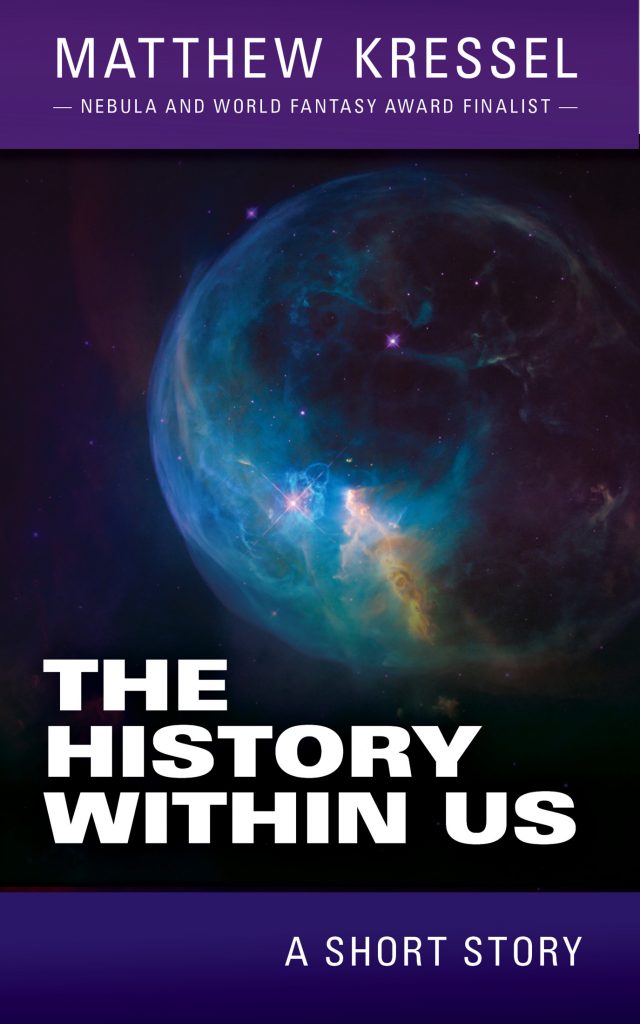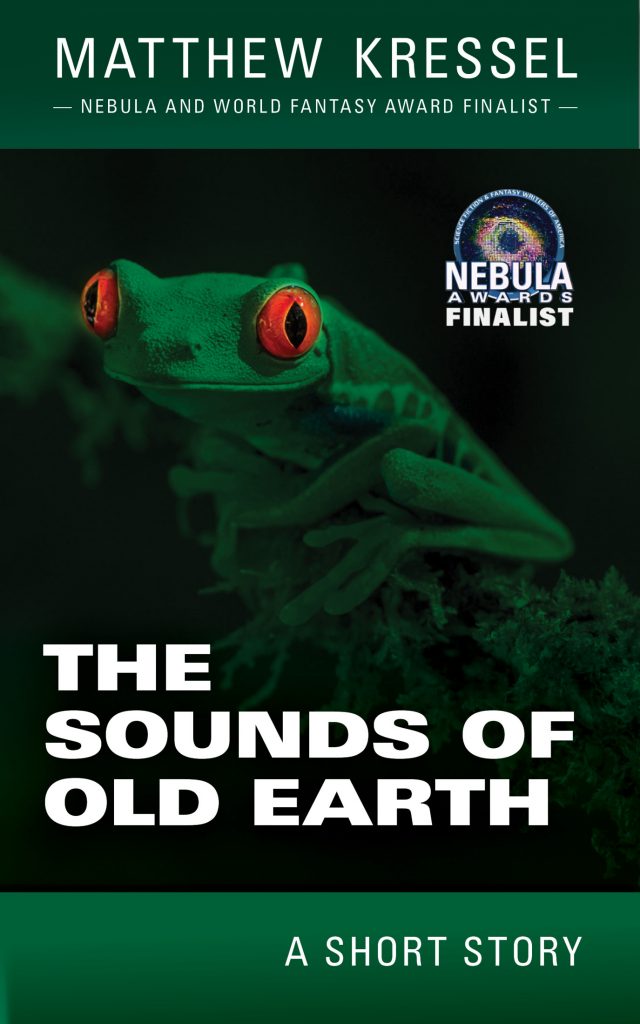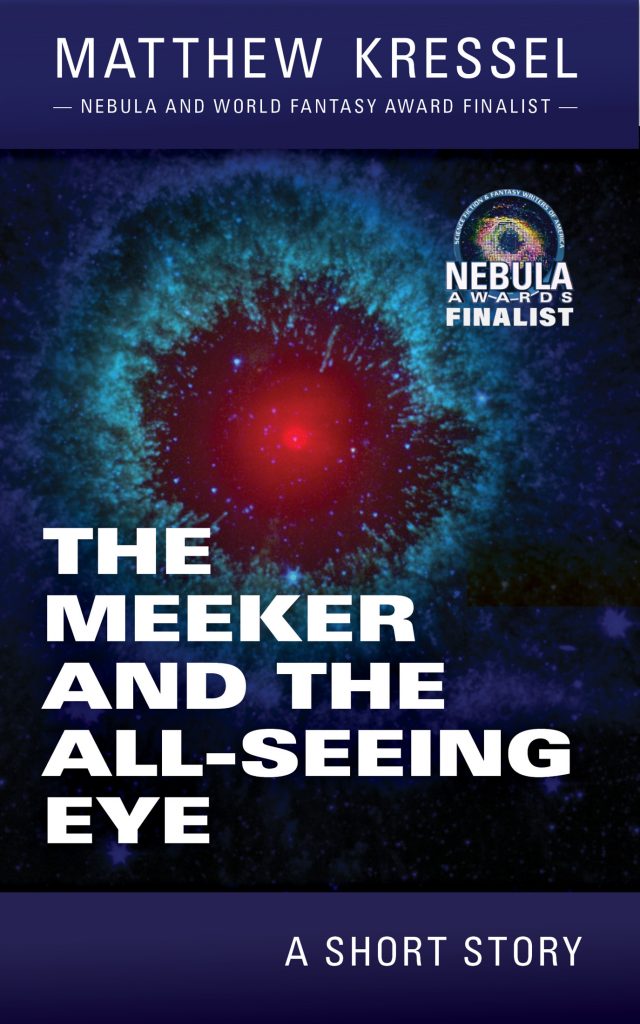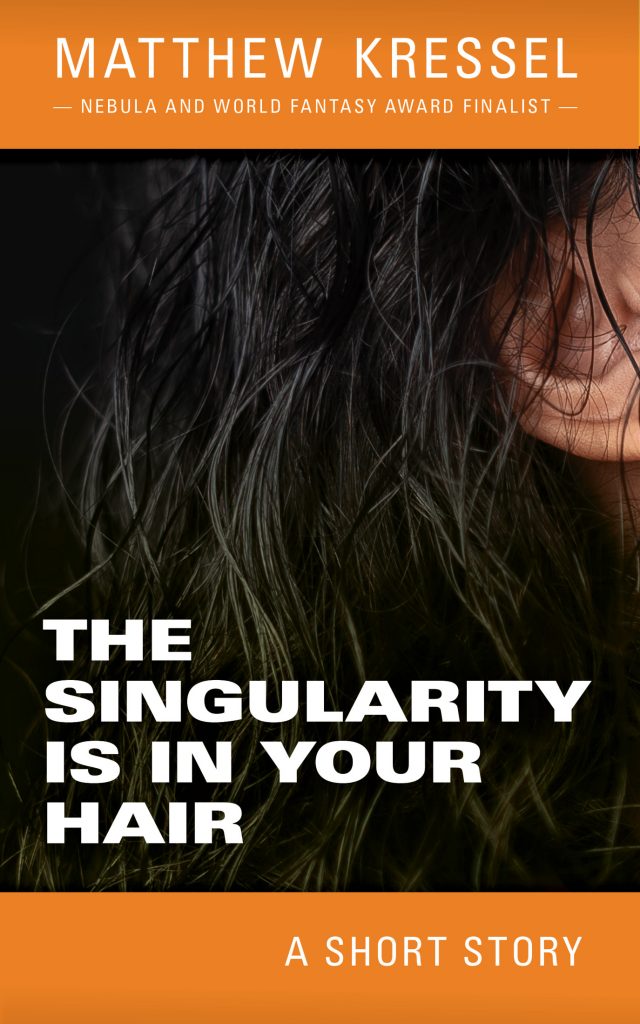 A few years ago at Lunacon I was on a panel called “Privacy in the Digital Age.” This was pre-Snowden, and one of my co-panelists, at the very start of the panel blurts out, “This whole notion of privacy today is bunk! No one should have any reasonable expectation of privacy. In the Middle Ages, nothing you did was private. If you went to the market to buy a leg of lamb, every one knew this. If you got your wife pregnant, everyone knew this. If you’ve done nothing wrong, you have nothing to hide!”
A few years ago at Lunacon I was on a panel called “Privacy in the Digital Age.” This was pre-Snowden, and one of my co-panelists, at the very start of the panel blurts out, “This whole notion of privacy today is bunk! No one should have any reasonable expectation of privacy. In the Middle Ages, nothing you did was private. If you went to the market to buy a leg of lamb, every one knew this. If you got your wife pregnant, everyone knew this. If you’ve done nothing wrong, you have nothing to hide!”
Fuck, I hate this argument. It’s so malformed it’s not even wrong.
Never mind that this person did not see the irony of applying Middle-Aged standards to 21st century problems, I found his whole proposition suspect. Of course, there was privacy in the Middle Ages. (Unless you feel that every secret whispered in the dark was later announced via herald to the town square.) And even if there wasn’t any privacy at all, so what? It is a mistake to think that just because at some time in human history we behaved a certain way it’s okay if we behave the same way now.
There is an unprecedented amount of information about us being stored in the cloud, and you probably only know about some of it. You may have heard that your internet provider can now legally track what websites you visit. Your cell phone is tracking your position via GPS. Facebook, Google, Twitter, and others track what pages you visit on the web. Admit it, you were probably a little creeped out that very first time you browsed a website looking for Adidas shoes and suddenly saw Adidas ads popping up in your web pages. It’s unsettling when we realize people (or algorithms) are watching our behaviors.
But now we are handing over much more information than we ever have. Smartwatches record your heart rate, your respiration, and your sleep patterns. Department stores have hidden sensors in mannequins which track you as you move throughout the store. There are smartglasses that can record your brainwave patterns. With Siri, Alexa, Cortana, and others, our conversations are being uploaded into the cloud for analysis. Facebook (and likely others) are building extremely detailed psycho-emotional profiles about you, which they will then presumably use to sell to advertisers. There’s a lot of evidence these type of profiles were used in the most recent U.S. presidential election to manipulate the public to vote a certain way.
The point is, as more and more of our personal, intimate data is being uploaded into the cloud, it becomes that much easier for a bad actor to abuse it. The manipulation of the voting public, I fear, is only just the beginning. Worse, a lot of us are wholly unaware this is even happening. We are putting a lot of trust in these systems, and these systems have not yet proven to us we can trust them.
I benefit a lot from these systems. I like that Google Maps knows what places I’ve been to, and highlights them on the map for reference. I like that, as I’m driving, I can text my friend solely by talking to my phone. I think it’s a good thing that people are being more conscious about their health by recording their exercise and sleeping habits. All these technologies can be extremely beneficial. But we have to balance those benefits with a reasonable expectation of privacy. Otherwise, we are leaving ourselves open to a level of manipulation and exploitation never before seen in human history.










































